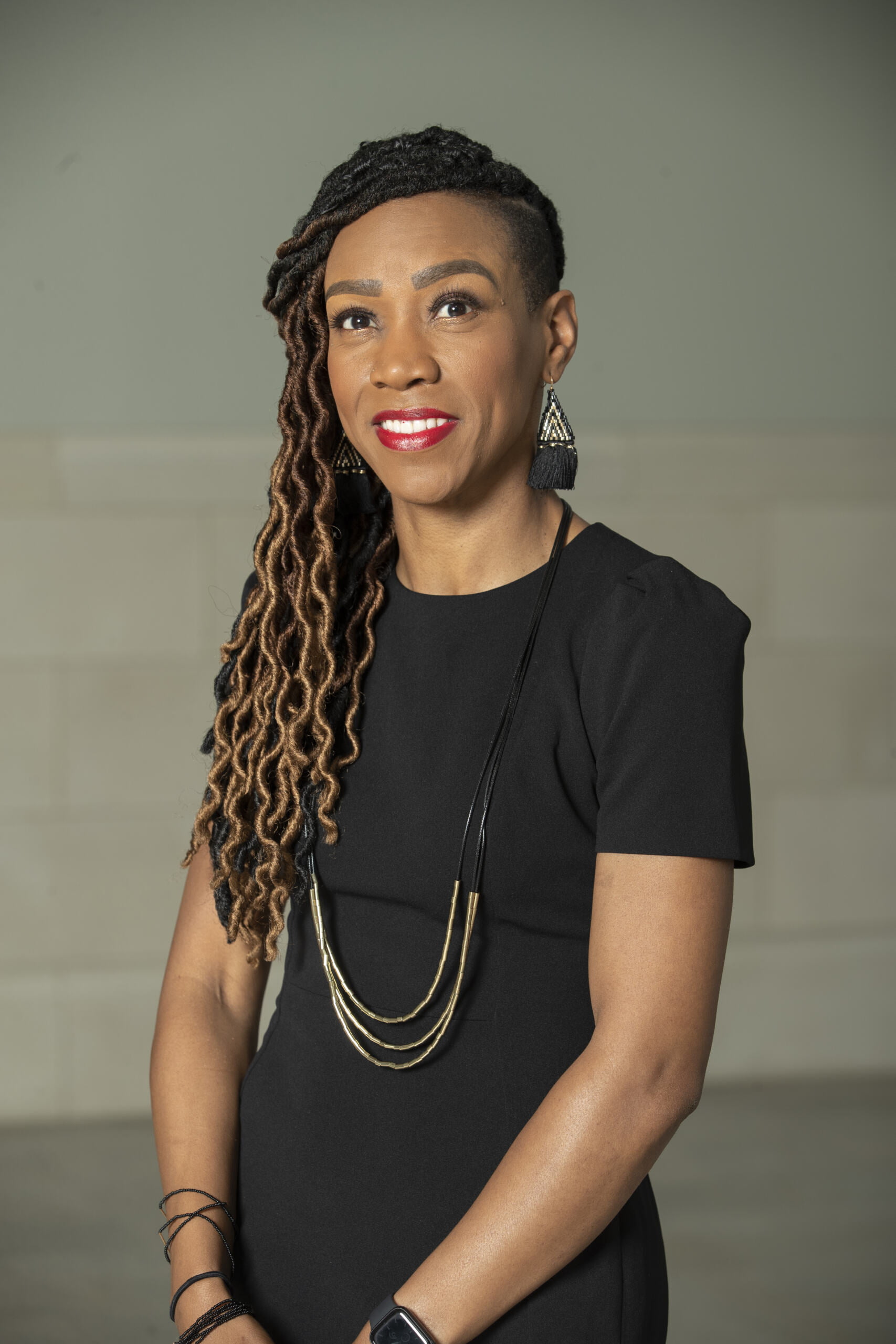We’ve done so much out of respect and admiration for, in celebration and in honor of Martin Luther King Jr. that I wonder if these expressions are just that – words left hanging on calendars and parade routes, on school buildings, city streets and expressways, in libraries and museums, in filled rooms with empty people.
I am afraid that we are content with the sound of his words, that we like the way that they make us feel and perhaps, appear to others, that they are consumed but not digested, preached but not practiced, repeated but not remembered.
We lick our fingers and then close our mouths satisfied. We push away from the table full of ourselves. Having done none of his work, we take the credit.
We have forgotten that he was a Baptist minister, a pastor and a shepherd, while his flock was a nation.
We have forgotten that he was not really fighting for civil rights but declaring the truths of the kingdom of God on earth, the message lost in politics, propaganda and people-pleasing.
We have forgotten that he was only reminding us of what God says about all of us, that we are created equally – no one human being or culture having more time with the hands of God than the other.
His message cannot be reduced to a march, a dream or a stamp. It is we who still need to be moved though we don’t want to be stirred or sent anywhere should it bring discomfort.
We’ve named schools after King, but what have we learned? We can teach peace but we cannot program it.
We cannot schedule it, capture it in book chapters of assigned reading, contain it to lectures and presentations, principles and projects.
Peace must be practiced with God’s help, as God’s peace is beyond our understanding (Philippians 4:7), beyond degrees earned or honorary. We must be ruled by it since Christ is the prince of peace (see Isaiah 9:6).
We’ve named streets after King, but where are we going – chaos or community? What distance has the soul traveled if we still find ourselves protesting in the streets for human rights?
And what of our regeneration, of our inward transformation, if the eyes are without his vision, if the mind is not renewed to see the coming of the Lord?
We have to wake up if we want to make King’s dream a reality. If we are still coming up with excuses for why we can’t go there or why they can’t come here, then we have not moved much at all.
We can picture King, frame him, hang him up in our homes, but if we cannot see the image of God in ourselves, our neighbor, the immigrant and the stranger, then take it down.
Words like brotherhood and unity are not mere decorative speech.
He did not say it because it sounded good or went well with equality and justice. No, he said it because we cannot say that we have love without them.
We’ve made monuments of King, but where do we stand when it comes to reconciliation?
Still, we are frozen in time past, unable to move beyond our handed-down hatreds, our traditions of prejudice. Where do we sit at “the table of brotherhood?”
I assure you that there is no assigned seating there. No, “There’s plenty good room in God’s kingdom. Just choose your seat and sit down,” as the Negro spiritual proclaims.
There is no segregation, no red lining, no gated communities but one house, our Father’s house with many rooms (Matthew 14:2).
We quote King and recite his speeches from memory, but do we even believe what he is saying? Do we care that he is but repeating the words of the prophets before him, the old and yet new promises of God?
Today, we pay tribute but we must not merely observe his work but “put our hands to the plow” (Luke 9:62).
We should not look at him but ourselves because he has “been to the mountaintop,” as King once declared. And he lives there now. Our best tribute would be to join him there.
 Starlette McNeill is associate pastor of Village Baptist Church in Bowie, Maryland. A version of this article first appeared on her blog, Race-less Gospel, and is used with permission. You can follow her on Twitter @racelessgospel.
Starlette McNeill is associate pastor of Village Baptist Church in Bowie, Maryland. A version of this article first appeared on her blog, Race-less Gospel, and is used with permission. You can follow her on Twitter @racelessgospel.
Director of The Raceless Gospel Initiative, an associate editor, host of the Good Faith Media podcast, “The Raceless Gospel” and author of Take Me to the Water: The Raceless Gospel as Baptismal Pedagogy for a Desegregated Church.

